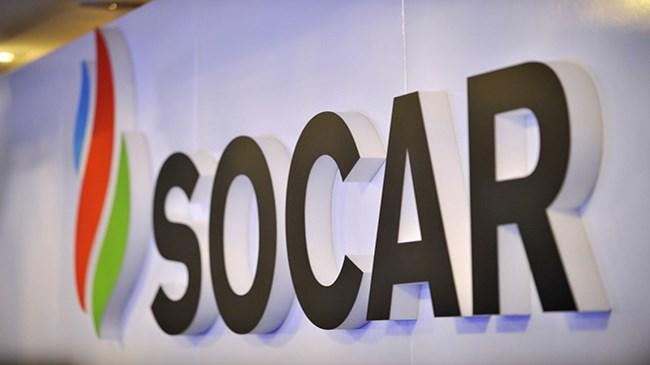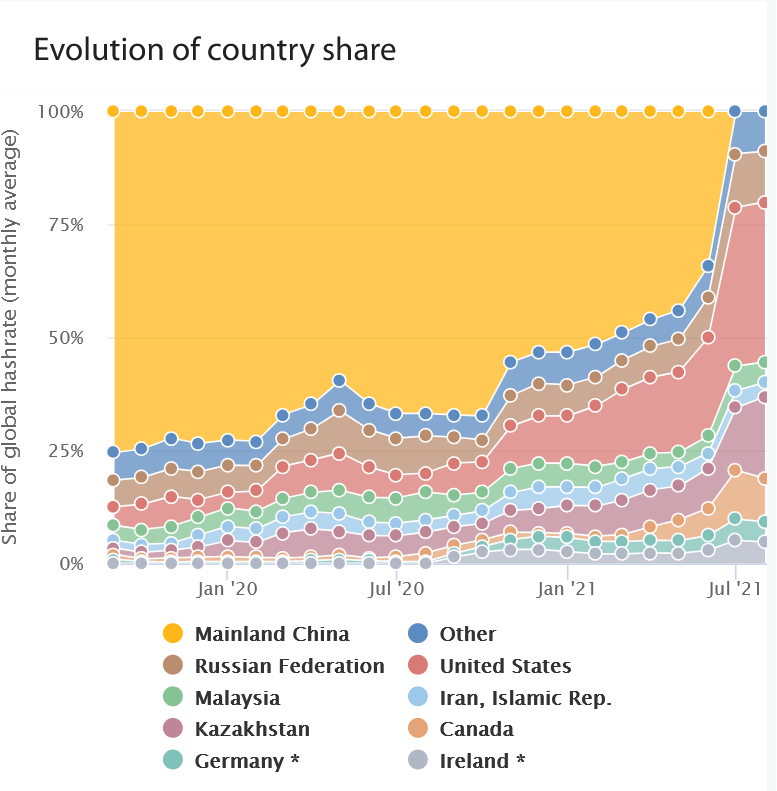
AT EIGHT this morning junior doctors in England began a 24-hour strike during which they are providing only emergency cover, equivalent to that provided on Christmas Day. Patients have been advised to avoid hospitals if possible, referring themselves to local clinics and pharmacists instead. The first industrial action by doctors for four decades, the strike has meant the cancellation of some 4,000 operations.
The medics (some of whom, despite the term “junior”, are actually quite senior) are angry at Jeremy Hunt, the health secretary, over his proposal for a new contract, which he has threatened to impose on them if no agreement is reached. Picket lines are due to go up at hospitals again on January 26th and in February (when a total walkout is planned leaving consultants, nurses and temporary staff alone to treat emergencies). The details of the dispute are fiddly, concerning working hours, basic and top-up rates of pay and working-time rules. But there are two, quite straightforward, main disagreements.
The first is about how much the NHS should bear down on hospitals about doctors’ working time. After withdrawing from negotiations last summer the BMA, their trade union, returned to the table in December. The result was a memorandum of understanding in which the BMA, the Department for Health and NHS Employers agreed on a series of rules on the length of shifts, the frequency of long shifts and rest time between shifts, and on the creation of an independent “guardian” role responsible for policing the enforcement of these rules at each NHS trust. But the BMA contends that this is not enough; that in a hectic hospital environment it can be too easy for doctors to have to work dangerously long hours, especially given the withdrawal of certain penalties for hospitals that exceed these limits. It argues that the rules should go farther (for example, it wants consecutive long shifts to be capped at three rather than the offered five) and wants the guardian role to have more teeth.
The second is about whether work in evenings and on weekends should command a higher value than that between 7.00 and 19.00, Monday to Friday. If you think the answer to that is “no”, then it is hard to disagree with Mr Hunt when he claims his reforms will leave 99% of junior doctors better, or no worse, paid than they are now. If “yes”, then the conclusion is less certain: though the basic pay for doctors will rise, partly to compensate for the end of automatic increments for seniority, top-up pay for unsocial hours will no longer be paid for Saturdays or weekday evenings between 19.00 and 22.00. Moreover, as this will make it cheaper for hospitals to roster doctors during these hours, more will be working time for which they were previously paid a premium. If the value of their work in this time is indeed greater than during the “normal” working week, it is fair to say that more than 1% will probably lose out.
That the dispute is hard to arbitrate reflects the fact that the factors in contention—the number of hours a doctor can safely work and the stringencies needed to enforce them; the value of time at different points in the day and week—all contain a large qualitative component (though both sides have reams of quantitative studies saying different things). The health service is fleshy and human. Like the body, it runs on a series of delicate balances, not binary switches. Hence the ambiguities and mutual incomprehension that swirl around the dispute and that have made a resolution, thus far, impossible.
As such, blame for the strike is quite diffuse. Mr Hunt’s goal of a seven-day NHS is laudable but he took far too long to realise that the way he was presenting it implied that doctors were not working hard enough. Already at breaking point (many British junior doctors are leaving for the Australian and New Zealand health systems), lots of medics immediately turned against him. Over-simplifying clinical research underlying the case for the reform, documenting higher death rates in the system on weekends, was a similarly unforced error. Thus seeds of resentment were sown that have been nurtured perhaps too enthusiastically by the leadership of the BMA, whose rallies resonate to unfounded claims that Mr Hunt wants to privatise the NHS and to juvenile abuse of a health secretary who—the doctors neglect to acknowledge—has a manifesto commitment to fulfil. The doctors are within their rights to strike (daily tolerating punishing hours and thankless conditions at an hourly pay rate that would insult many in less skilled jobs), yet their decision to do so seems odd after talks at which, even the BMA conceded, progress was made. That the rhetoric surrounding the strike suggests that the very existence of the NHS is at stake, and not just the exact pay and protections of a portion of its staff, perhaps concedes that the details of the matter do not, unembellished, match the scale of the action.
Still, it is hard not to sympathise somewhat with both sides. Doctors have a hard lot and deserve better pay and conditions, not a questionable promise of razor-thin improvements. Mr Hunt, far from wanting to kill off the NHS, rightly intuits that the system only has a future for as long as taxpayers are willing to fund it—and is therefore concentrating heavily on improving patient experiences (reportedly inspired by Eric Topol’s reformist “The Patient Will See You Now” on the future of medicine).
No, if there is one party in the Hunt-doctors dispute that deserves most criticism, it is the British public. This is the electorate that notionally adores the NHS, propels a mushy song by health workers to the top of the Christmas charts, happily accepts the left’s bogus insinuations that the only alternative is an American-style private health-care model, equally happily votes for Tory politicians promising to expand services to weekends and yet, despite all this, shows remarkably little willingness to pay more in tax towards what remains a relatively cheap system. If the BMA really wanted to change things, it would seek to disprove this argument by polling voters to establish where spending should be cut, or taxes raised, to pay for the seven-day NHS for which they have voted.
Otherwise, to remain viable at a time when the average citizen is getting wider and wrinklier, “our NHS” must tighten its belt by £30 billion by 2020, less than a third of which will be met by additional spending. It is in this context that Mr Hunt is trying to expand services to evenings and weekends. If he is straining to convince doctors that they should earn the same for working at these times as during normal hours, it is because he has no pot of cash with which to smooth the process. So pity the well-meaning health secretary, pity the hard-working doctors—and blame the sentimental but hypocritical British public.
Note: This article have been indexed to our site. We do not claim legitimacy, ownership or copyright of any of the content above. To see the article at original source Click Here













